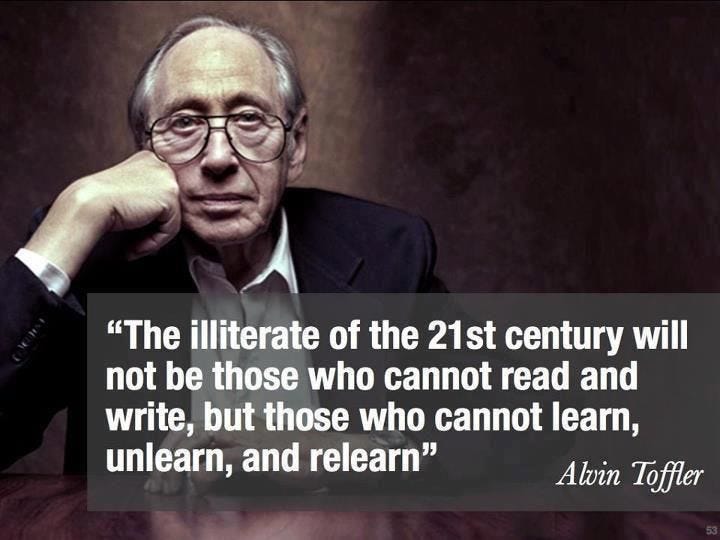The future of work is inside the new city walls
Recreating the class system via remote work & AI.
Alex.
Mid-2019.
A digital nomad originally from Germany, living in Bali for a few months, he works remotely as a copywriter, collaborating with clients from Europe. He makes euros and spends Indonesian rupiah (who doesn’t like 1€ breakfasts and 7€ massages?!), working 3-5-hour days. Life is sweet, filled with Instagrammable surf sessions, followed by colourful, finger-licking smoothie bowls and #productive #worksessions overlooking lush green rice paddies or the ocean.

Late 2023.
Alex is no longer in Bali.
Earlier this year, on a Tuesday in March, AI Large Language Models like chat GPT popped ‘out-of-nowhere’ straight into the mainstream and changed the way we interact and write, forever.
Mid this year, Alex has unfortunately lost most of the recurring gigs and clients he used to have. He’s not alone: large outlets like Buzzfeed are laying off writers to replace them with AI. He stubbornly believed that human creativity can’t be replaced by machines, that his writing was quirky and unique, and was slow to learn how to enhance and speed up his work with AI tools. His clients begged to differ and started outsourcing most of the simpler writing tasks to GPT, and the more complex ones to writers who employ various AI tools to get more (and better) done for cheaper.
Wayan.
Mid-2019.
A Balinese waiter working at one of the popular restaurants in Seminyak. He lives in Gianyar, across the island, and spends over two hours commuting daily. He’s on his feet for 12-14h/day, 6 days a week, and makes a little over minimum wage (120€ per month).
Late 2023.
Wayan is now a content automation specialist working with a Singaporean company. In early 2020, he lost his waiting job due to the pandemic and came across the Remote Skills Academy. He applied for a course and reskilled, first as a Virtual Assistant and then, two years later, as an AI-powered marketing specialist, which allowed him to work online. He now makes more money working from home, 2-3h/day, 5 days/week, than he made as a waiter. He is able to support his mother and sister, and have disposable income to pursue other interests, too.
Yet all around Wayan, there are still many fellow Balinese who depend entirely on hospitality jobs within a 10km radius of their house, just like there are in many other places. Being on the Ring of Fire, Bali routinely goes through cycles of earthquakes, tsunamis, volcano eruptions that add to the seasonality of work opportunities; which means the jobs aren’t only poorly paid, inflexible schedule-wise and demand long hours - they are also highly unstable.
How do we make sense of all this?
Let’s talk about medieval fortresses first.
Medieval cities often featured fortified walls. 'First class' citizens lived inside these fortifications, and the ‘others’ (the less privileged, aka coming from the wrong family, lineage, not having enough money, “blue collar” or “untouchable” in today’s terms) lived outside, exposed to barbaric invasions, thieves, rough winds, etc. The gates of the city would close at the end of the day and you’d be left holding on to your hopes and faith that nothing bad would happen through the night. It often did.
For most of human history, your birthplace (or ability to move to a better place), your lineage and your access to privileges like the latest technologies were exclusive, and determined what “class” of citizens you belonged to.
The world was polarized:
People from places without much opportunity all dreamed of and flocked like manic birds (sometimes at great cost) to those places with opportunity.
In his book Utopia for Realists, Rutger Bregman writes: “Billions of people are forced to sell their labor at a fraction of the price that they would get for it in the Land of Plenty, all because of borders. Borders are the single biggest cause of discrimination in all of world history. Inequality gaps between people living in the same country are nothing in comparison to those between separated global citizenries.”
Those lines have been blurring for a while, and that blurring is quickly accelerating as we speak, as we’ve seen in Alex’s and Wayan’s examples above.
Alex didn’t need to be in New York City to make good money as a copywriter anymore. Wayan didn’t need to hold the “right” passport or move to Singapore, Germany or London to access a good job that allows him to support his family *and* have free time *and* some disposable income. He just needed to be good at what he does.
But what both of them have to do is keep up with new technologies and tools, and make Life-Long-Learning a lifestyle, to stay relevant in this new, global labor market.
Or, at the very least, be extremely price-competitive.
These are the new city walls that separate the privileged and ‘the others’’.
Remote work and AI have the simultaneous potential to be the ultimate dividers as well as equalizers our societies have ever seen.
If we step back and look at the whole chess board, the new “class divide” will be along the lines of:
Can work online or has passive income streams vs. depends on a physical job (otherwise known as location-dependent vs. location-independent)
Can use AI/automation/smart digital tools to minimize menial/repetitive work, get more done and, once again, be competitive
So, two questions for you:
1. Are you living inside or outside of the city walls?
This one is personal, and the solution is straightforward. Not easy, but simple:
Don’t be a 21st-century illiterate.
Make sure you’re on the right side of the walls.
Once you got there, don’t rest on your laurels. Master the skill of learning-unlearning-and-relearning. You can start very small. For example, follow Sairam on X and tinkering with his recommendations. Have a look at what’s new on Maven or Udemy. Acquire a couple of new friends who ‘live inside’ the digital fortress (avoid being the smartest person in the room at all cost!), if most of your friendships are primarily bonded by going out, working out or gossiping.
But if you’re reading this article, chances are you already know what to do - and are doing it.
2. How do we ensure we don't leave large parts of our societies behind and recreate the class system?
Not everyone wants to upskill. But for those people who are hungry and ambitious, the city wall gates should be open.
I don’t know what the “right” macro-answers are. Perhaps it’s Universal Basic Income. Perhaps it’s a massive government “awakening” in terms of educating citizens.
But at an individual level, if you have digital skills, can work remotely and are dabbling in AI, you can do something small: put an hour aside to teach someone else one of these skills. Or sponsor someone who is upskilling (it can be as low as 20$).
Nonetheless, if you’re already inside the city walls, try and crack the gates open, just a little bit, for someone else.
And if you can, bulldoze them open for a whole bunch of other people.
Grateful to
, , , , , Andrea Lathrop and Ali Hammoud for their generous feedback on this piece.





A realistic but optimistic piece! Reminds me of my main take away from the recent TED AI: AI is not going to replace humans, but AI-enhanced humans are going to replace "regular" humans.
this is what I am all for - breaking down those walls in many ways. great piece Lavinia!